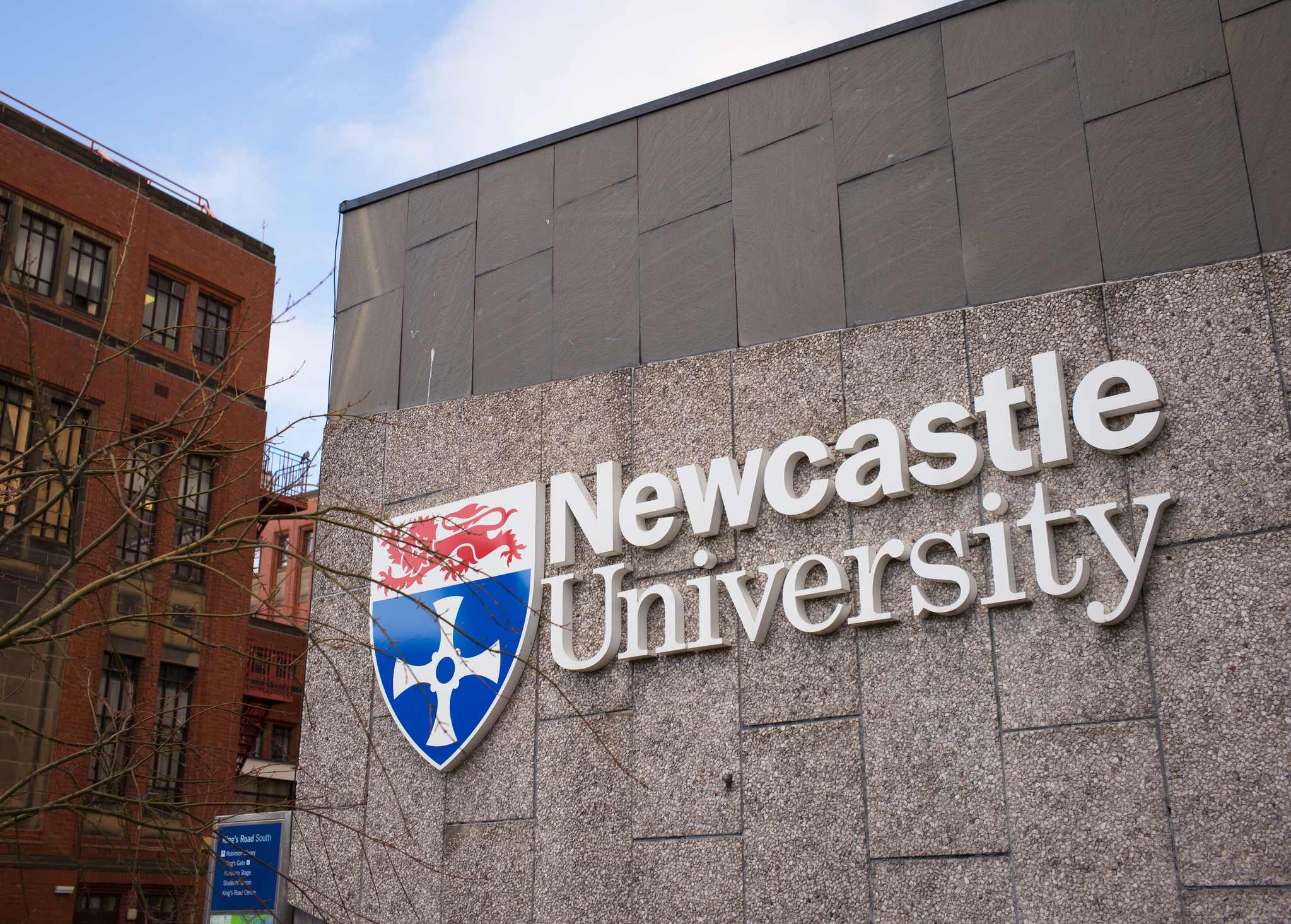
Newcastle University prospective students have been scammed with an unofficial website using the university brand to fraudulently accept credit card payments for course applications.
Newcastle University has issued a response via Twitter to warn about reports of an unofficial website which is asking for personal and financial details.
The university has said that the website, which is using the dissimulation ‘Newcastle International University’, is in fact no way associated with the university. They urge that anyone who finds the website to NOT submit any personal or financial details.
The false website has used photos of the University buildings and University branding, but re-named it Newcastle International University, in order to deceive prospective students, taking their financial details and stealing money under the guise they are paying for their courses.
It is thought that the website is specifically targeting overseas students who would not have the local knowledge to spot the difference between the official and counterfeit site. Although, the forged website does appear to be unusually realistic, so even native and local students may not have spotted the difference.
It can be difficult to tell the difference between a legitimate advert or web address from a false one, so it has been advised to check the Government’s official list of universities and follow the links supplied there. The ‘Newcastle International University’ is not listed.
The phishing scam was made apparent by a prospective international student who tweeted concerns about the questions being asked, as the site was also asking for passport numbers and credit card information, which are never asked for as part of the application process.
Potential students run the risk of applying through this website, possible identity theft and losing their money with no education in return, which is why the University is taking this situation very seriously. It has been reported to the internet hosting site, as well as the Internet Standards Organisation and the police.
What is worrying is that even since discovery of the site, new features have been added, and it has been active since 7th July, with no way of knowing how many applicants applied via the scam website.
They confirmed that the official website to use is https://www.ncl.ac.uk/
Mark James, ESET IT Security Specialist, discusses why scams like this can be so successful and how to avoid falling victim to similar fake sites and scams.
“Hackers are opportunistic, they will adapt to whatever makes them money.
“With so much of our information lurking in the dark corners of the web, it’s no surprise that web pages appear trying to trick the unsuspecting public into not only handing over private data, but large sums of money.
“This may or may not be directed via a targeted phishing attack, but the goal is clear; copy a well-known web page exactly, make it look authentic and wait for the hits.
“It won’t fool everyone but any hits for them is a win.
“Whenever you hand over data or money you have to be absolutely sure it’s an authentic page.
“If possible check against the last time you accessed it, never follow a link and avoid bookmarks if you can.
“If you have concerns make a phone call to the company to make sure, it should only take a few minutes and could save you the trouble of getting your money back or losing private data.
“If your business is being affected then ensure you report it immediately, Action Fraud UK will be able to help and advise you on what to do.
Have you heard of scams like this before? Let us know on Twitter @ESETUK.
Join the ESET UK LinkedIn Group and stay up to date with the blog. If you are interested in seeing where ESET has been featured in the news then check out our ‘In the news’ section.